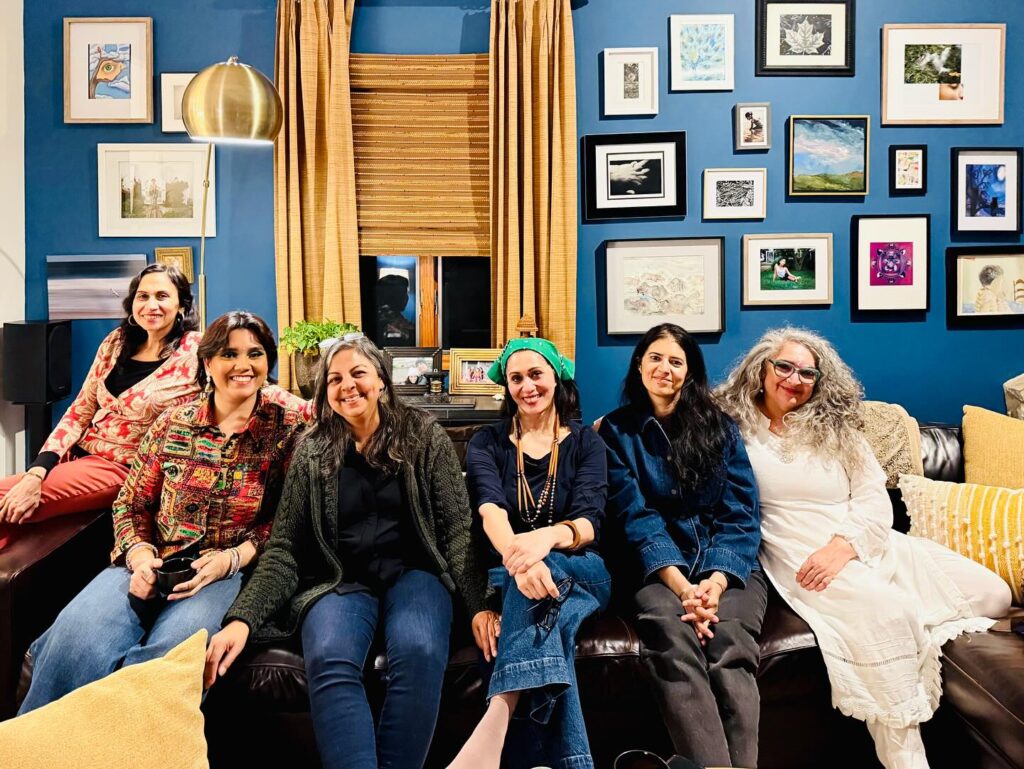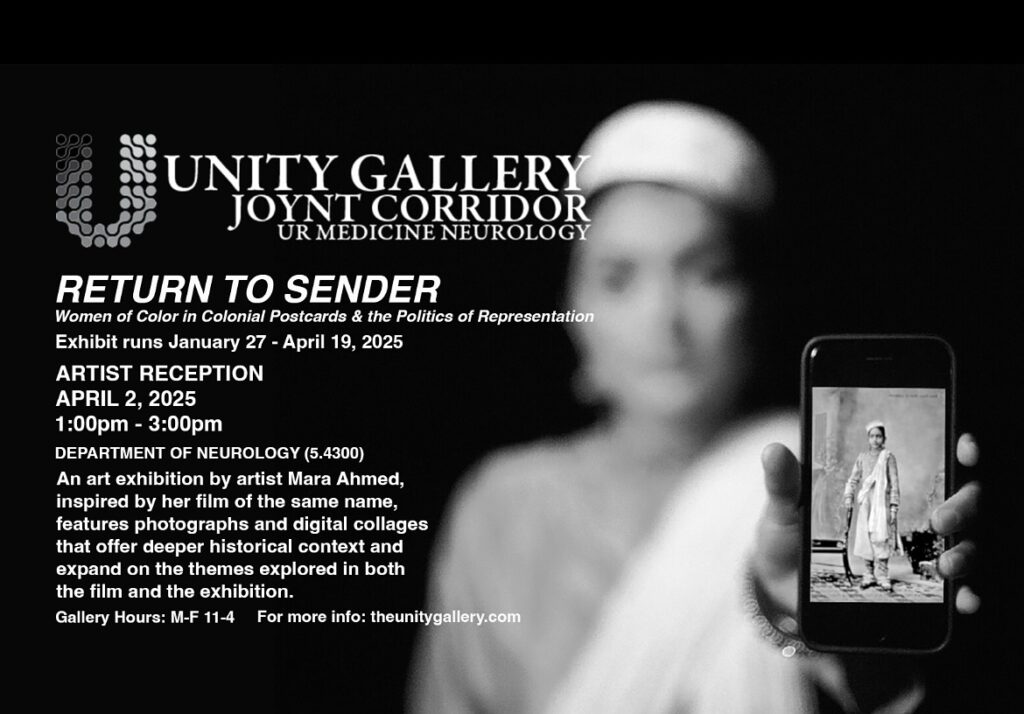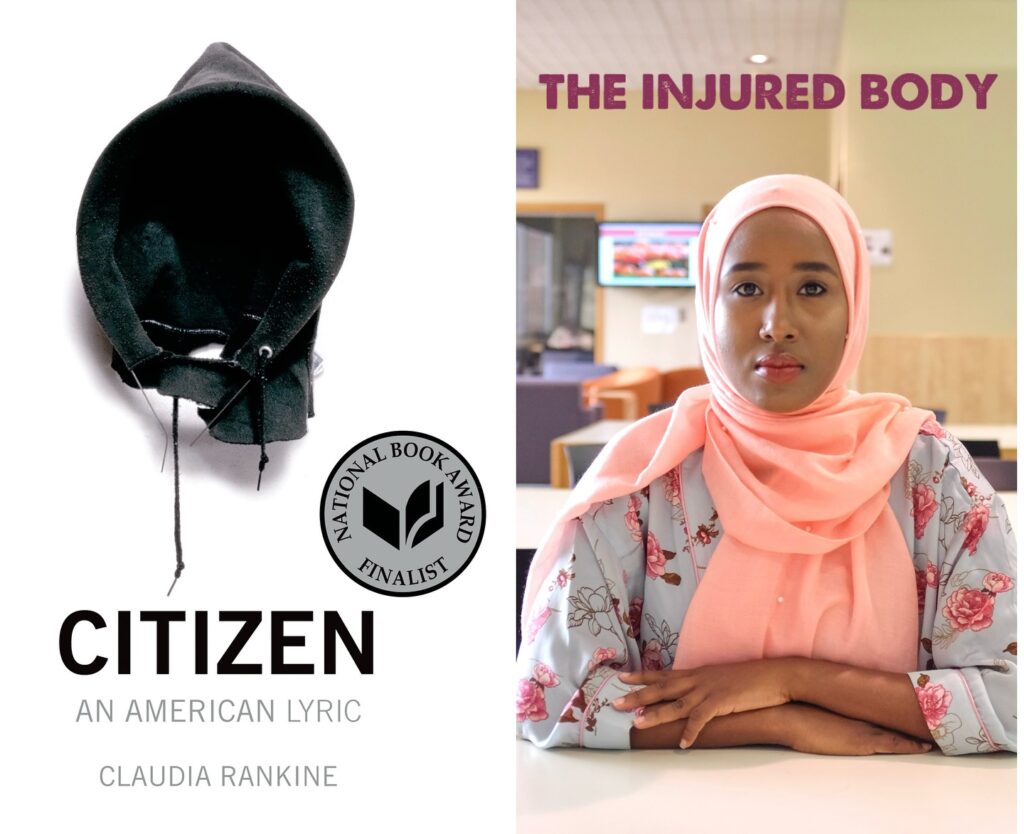
What an amazing evening at Pyaari Azaadi’s Xenana where Mona Eltahawy, @brooklynstani, and Yashica Dutt read from their books
Mona has put together an anthology of essays and stories about menopause (Bloody Hell!: Adventures in Menopause From Around the World), Roohi has written an important novel called Outside Women (“Combining the reach of a historical saga with the propulsion of a mystery, Roohi Choudhry’s tightly woven debut illustrates the power of sisterhood, legacy, and solidarity through the unforgettable stories of two defiant women living a century apart”) and Yashica read from her powerful memoir, Coming Out as Dalit: A Memoir of Surviving India’s Caste System
There was a lot of talk about being feminists so I asked a question about white feminism and the use of the English word ‘feminism’ in a Muslim, South Asian, Dalit context
Mona talked about niswiyya in Arabic as being a word she likes but how she’s comfortable using ‘feminism’ in English, Roohi spoke about reclaiming the word, and Yashica talked about how the word feminism is inaccessible to Dalits in India, how it is housed in circles with upper caste women who wear khadi and chunky jewelry and spout off feminist theories. Her own mother wouldn’t identify herself as a feminist but embodies the essence of what feminism is supposed to be. I loved this idea of embodiment vs western/ upper caste-centric language. The upper caste feminists Yashica described are very familiar to me and occupy a similar position of privilege in Pakistan. Yashica said she is more comfortable talking about being part of the movement for Dalit women’s rights and Dalit rights in general. That is my preference too – I see myself as an activist invested in community and the fight for social justice
I met the wonderful @mariam.rauf at this event and was talking to her about using the word feminism in the plural which makes it more palatable I think. There is no one struggle, no one path, no one feminism. The instinct to corral diverse movements, realities and histories under one universal term/ approach/ syntax/ even ‘look’ is very much a colonial imperative that we must resist
Thank u @safia and pyaari <3











